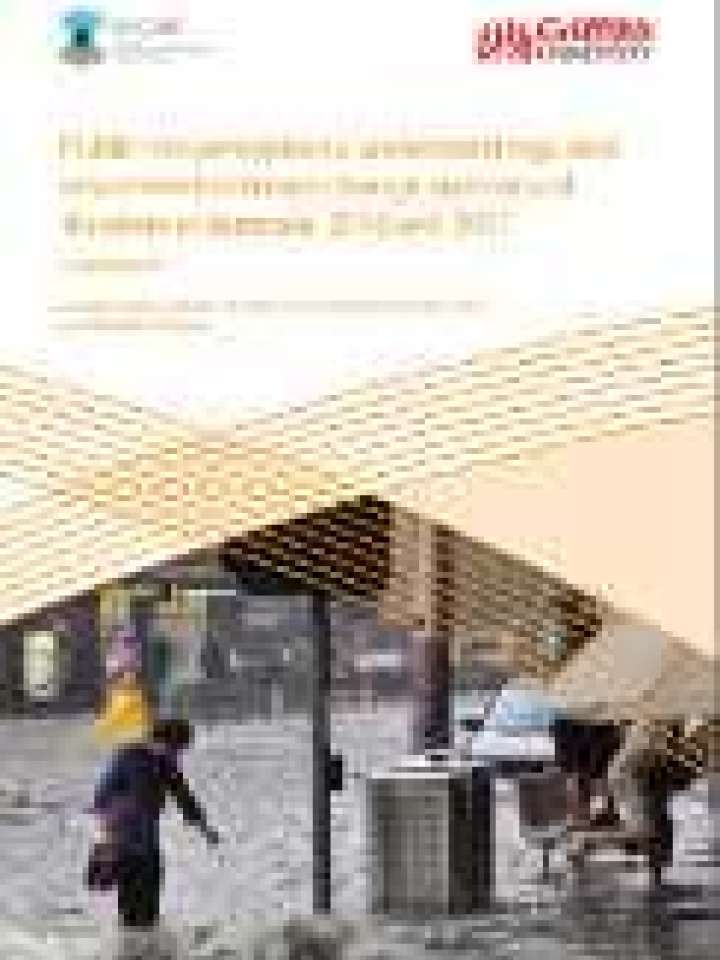Public risk perceptions, understandings, and responses to climate change and natural disasters in Australia
This report presents and discusses the findings of a second Australian national survey examining and monitoring public risk perceptions, understandings, and responses to climate change and natural disasters, undertaken between 15 July and 8 August of 2011. The study complements and extends an initial study conducted in mid-2010 in conjunction with a similar survey undertaken by the Understanding Risk Research Centre at Cardiff University.
An important objective of the current report has been to report and present the findings in an accessible a way as possible, along with the items, measures and overall methodology and procedures used, rather than attempt a fuller and more reflective interpretation and discussion of the findings and evident theoretical and policy implications. The likely audience for this second report, as for the first, is diverse, including fellow climate change researchers, the publisher's funding bodies, federal and state level government policy advisers, the Pacific region authors of the next Intergovernmental Panel on Climate Change (IPCC) Report, multiple organisational end users, interested individuals, and an international research community.
The continuing research program focus encompasses and addresses: i) the social representation of climate change and natural disasters; ii) public risk perceptions, understandings, and responses to climate change and natural disasters; iii) psychological and social (psychosocial) environmental impacts of the threat of climate change and natural disasters; iv) measuring and monitoring important psychological and social changes in the human landscape in response to the threat and unfolding impacts of climate change.
The report concludes by stating that many social scientists have made the point that there does exist an understandable component of 'finite worry' in the contemporary world. In this respect their current readings on the Australian public are suggesting the need to carefully document and monitor important psychological changes in public perceptions, understandings, responses, and impacts in the context of climate change, as these are not only an integral aspect and contributing component to human well being and quality of life in the context of unprecedented changes and stressors, but also to effective adaptation and mitigation measures and policies.
Explore further
